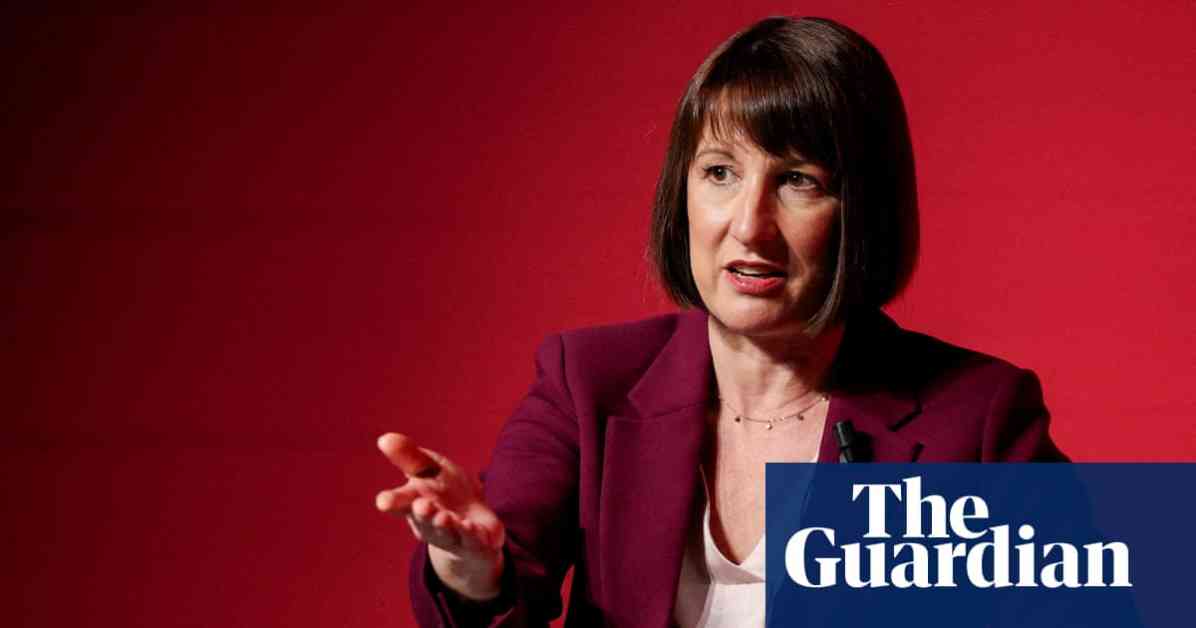Rachel Reeves is considering raising the capital gains tax as high as 39% in the upcoming budget, according to information obtained by The Guardian. This move comes as the government is looking for ways to generate funds for struggling public services. The Treasury is currently examining various options, with rates ranging from 33% to 39% for capital gains tax.
Capital gains tax is paid by approximately 350,000 individuals and is applicable to the profits made from the sale of assets like second homes and shares. However, the current rates are significantly lower compared to income tax rates. With the looming budget on 30 October, there is a pressing need to address a potential shortfall of up to £25 billion, as highlighted by the Institute for Fiscal Studies (IFS).
While Rachel Reeves and Keir Starmer have vowed not to increase taxes for the working class, the options for raising revenue are limited. Plans to target non-domiciled individuals and private equity executives may not yield the expected results, as there are concerns that wealthy individuals might relocate from the UK to avoid higher taxes.
The Treasury has denied claims of disarray in its tax-raising plans, stating that the reports are inaccurate and speculative. However, officials are rushing to finalize new models to present to the Office for Budget Responsibility (OBR) for assessment. Recent government analysis indicates that raising the rates of capital gains tax could potentially generate additional revenue.
Under the current system, profits from the sale of second homes and shares are taxed at lower rates than wages. By increasing the capital gains tax, the government aims to bridge the revenue gap without mirroring income tax rates. However, there are uncertainties about how individuals will respond to higher taxes on capital gains, leading to various scenarios being considered.
While the move to raise capital gains tax could result in short-term revenue gains, there are concerns about the long-term effectiveness without a comprehensive overhaul of the tax structure. Economists emphasize the importance of creating a stable and predictable tax regime to encourage investment and economic growth.
It remains unclear how the government will proceed with the proposed increase in capital gains tax rates, especially in light of potential challenges and unintended consequences. As the budget date approaches, all eyes will be on Rachel Reeves and the Treasury to see how they navigate the complex terrain of tax policy and revenue generation.












